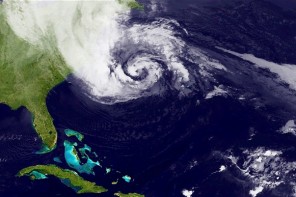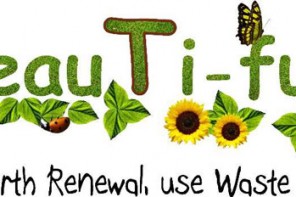It sounds like an action movie plot: global warming becomes so dangerous that it starts causing health problems like asthma.
It’s not a blockbuster, though. Recently in the U.S., the White House stated that the Centers for Disease Control and Prevention will publish a guide looking at the health effects of climate change. It will consist of six major health issues that people could have to confront because of global warming. One of these is asthma.
The Pollen Problem
Asthma has become a growing problem. In the U.S. between the years 1998 and 2008, the asthma rate increased by 42 per cent. The reason? It boils down to air quality. Scientists have started to see a link between asthma and carbon dioxide that traps greenhouse gases released by burning coal, fossil fuels and oil. In fact, tests have revealed that the more CO2 that exists in the atmosphere, the more plants grow and produce pollen. This not only causes an increase in hay fever but also allergic asthma.
Thunderstorms and Asthma?
There has also been a link between thunderstorms and asthma, which experts are still not convinced they fully understand. According to a report in the Washington Post, thunderstorms can bring on asthma symptoms, such as difficulty breathing. Experts think that the reason for this is that heavy winds during thunderstorms produce updrafts that raise mold and pollen from the ground. These particles are then burst by the whipping rain, and a downdraft pushes those particles into the air. Interestingly, the electric charge of the thunderstorm is thought to be what makes it easier for the tiny particles to cling to the lungs when they are inhaled.
Breathe Easy
Although we can’t control thunderstorms and pollen counts, there are ways to keep yourself as protected against asthma and allergy attacks as much as possible.
- Keep an eye on the weather. Knowing that there’ll be strong storms or pollen counts can help you avoid stepping outside. If your child has asthma, prevent them from being outdoors on these high-risk days.
- Cover yourself up well during the cold and avoid being in intense heat during the summer. Extreme weather temperatures can trigger asthma.
- Close your windows at night so that you prevent mold and pollen from entering your home.
- Although it’s more environmentally friendly to hang your clothing out to dry instead of using a dryer, when there’s a lot of dust or pollen outside it is better to use the machine.
- After being outside, change your clothing and shoes so that you don’t bring pollen into your home, onto your furniture or in your bed.
Image credit here











